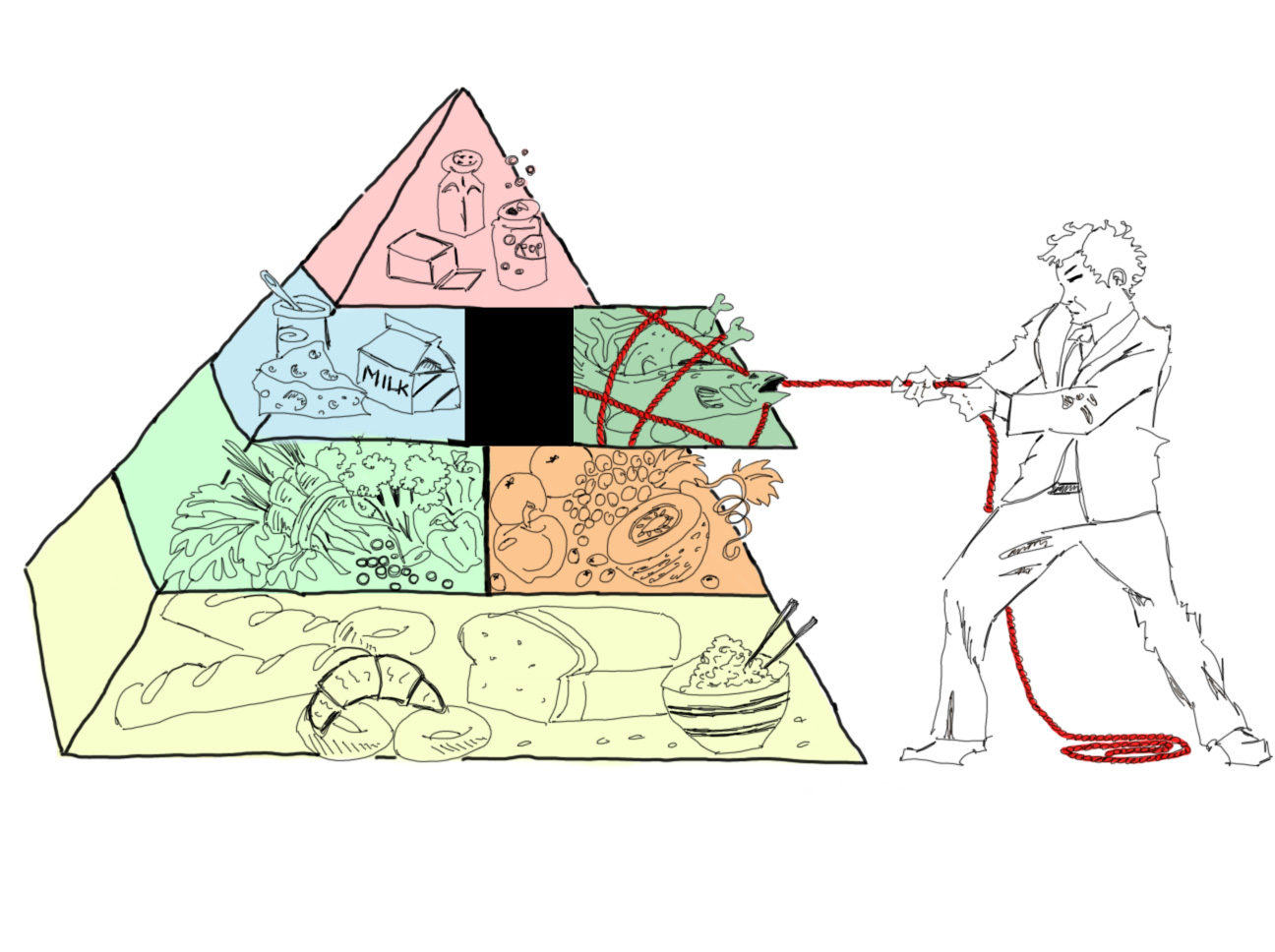
I am anything but a vegetarian.
It’s no surprise, then, that I am not the biggest supporter of Los Angeles City Council’s recent resolution to support “Meatless Mondays,” urging residents to give up meat the first day of every week.
I don’t take issue with the measure because of my undying love for meat, ribs and kebab. Rather, my problem lies with the council’s attempt to influence my eating habits, albeit in a small and unenforceable way. Surely there is a better use of my tax dollars than creating ineffectual resolutions about my eating habits.
I understand that, from a sustainable perspective, Meatless Mondays has its advantages and while I sympathize with these initiatives’ green intentions, a city council should not attempt to dictate guidelines for moral eating habits to the public.
Meatless Mondays has become an international movement, bringing attention to the adverse effects of increased meat consumption.
Aliana Lungo-Shapiro, sustainability manager for UCLA Housing and Hospitality, said that a move toward decreased meat consumption is imperative to lessen our water footprint and methane output.
According to a study done by at the University of Cambridge, decreased meat consumption would reduce human carbon footprint by nearly 28 million tons a year and lessen the risk of chronic disease.
UCLA hopped on board the meat-free train long ago, with its implementation of “Beefless Thursdays” in the dining halls, as well as the Ronald Reagan Medical Center’s monthly “Meatless Mondays.”
Other University of California campuses, such as UC Davis and UC Irvine, have joined the effort to promote sustainability by ascribing to Meatless Mondays as well.
These universities have a right to pursue their own goals insofar as sustainability is concerned ““ like it or not, in choosing to eat at UCLA dining halls, we must abide by the sustainable agendas the university sets forth.
UCLA exerts full control over what food is served in the dining hall, but it’s not as if they’re encouraging campus-wide Beefless Thursdays.
Despite the sustainable benefits, the Los Angeles City Council is a public institution that has no grounds to encroach on personal lifestyles with such specific recommendations.
It is not the government’s duty to regulate its citizens’ dietary regimens any more than it is for them to regulate proper dental hygiene.
Furthermore, encouraging citizens to abstain from eating meat one day out of the week may not necessarily promote healthful behavior. Who’s to say that even more potentially harmful meals won’t replace meat in its absence?
“Is it more healthful for the city to chow down on plates of white-flour pasta?” asks Karin Klein in her Los Angeles Times column. “Most dietitians would tell us no.”
Only by contextualizing the resolution can the intended goal be achieved ““ a city-wide plan to educate citizens on the pitfalls of high meat consumption is the only way to make Meatless Mondays seem like anything but an unfair imposition.
Without this educational component, the resolution does not serve its intended purpose: to encourage long-term health and promote sustainability.
Freedom of choice is exactly what’s at stake here. Although education of environmental issues is vital, personal diet choices are just that, personal, and should not be regulated by the government.
Email Polatoglu at spolatoglu@media.ucla.edu. Send general comments to opinion@media.ucla.edu or tweet us @DBOpinion.

The resolution does not ban meat (or “choice” as you’d like to call it). It simply encourages people to go meatless on Mondays. It’s ingorance like yours that is holding us back in our efforts to contain environmental degradation and combat diet-related illness. Thanks a bunch for spreading this gross misinterpretation of the Meatless Monday concept.